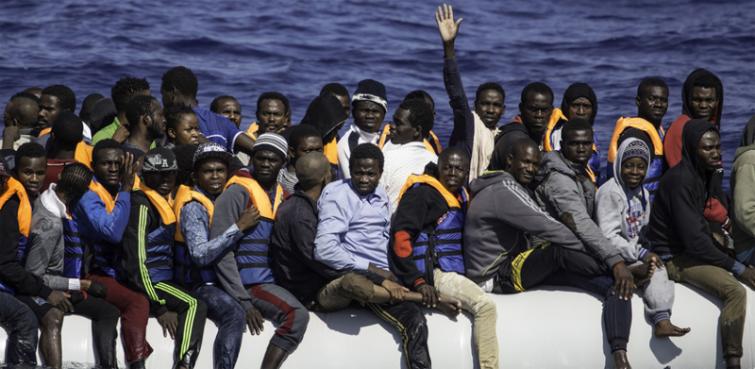
‘Huge data gaps’ hampering ‘evidence-based’ national migration policies
New York, Mar 5 (IBNS): There are still “huge gaps at country level,” to be overcome in order to develop an effective global migration data programme, said the head of the Demographic and Social Statistics Branch of UN Statistics, on Monday.
Francesca Grum was addressing a key meeting at UN Headquarters in New York, convened in response to the UN’s Global Compact for Safe, Orderly and Regular Migration, the first-ever global migration pact, which was adopted by more than 160 governments in December 2018. The agreement aims to ensure that the overall benefits of migration are optimized, whilst addressing risks and challenges, for individuals and communities in countries of origin, transit and destination.
The First Objective of the Compact calls for the collection and utilization of “accurate and disaggregated data as a basis for evidence-based policies”; commits signatory countries to strengthen the “global evidence base on international migration” under the guidance of the UN; and calls for a “comprehensive strategy for improving migration data at local, national, regional and global levels.”
Grum told the meeting that countries frequently ask UN Statistics for more information and requests on how to improve migration data – including information relating to the root causes and drivers of migration – and its impact on migrants’ origin, transit and destination countries. Better data is needed in order to bring about sustainable social and economic development, and national migrant data strategies are needed to inform good policies.
However, she went on to say that there are “several critical challenges” to be addressed before an effective global migration data programme can be developed. These include a lack of coordination amongst data providers, and insufficient capacity to produce, analyse and communicate data. Addressing these problems would involve guidance on the use of new technologies, sampling, and how to communicate data to the public and policymakers.
Ideally, said Grum, a global data migration programme would see improved capacity for data analysis; training assistance on data infrastructure; country, regional and international-level coordination; and the sharing of case studies and best practice examples. The senior statistician emphasised that the private sector, policy-makers and experts, must all be involved in the process, and that all UN guidance must be in line with each country’s national strategy for the development of statistics.
Support Our Journalism
We cannot do without you.. your contribution supports unbiased journalism
IBNS is not driven by any ism- not wokeism, not racism, not skewed secularism, not hyper right-wing or left liberal ideals, nor by any hardline religious beliefs or hyper nationalism. We want to serve you good old objective news, as they are. We do not judge or preach. We let people decide for themselves. We only try to present factual and well-sourced news.







